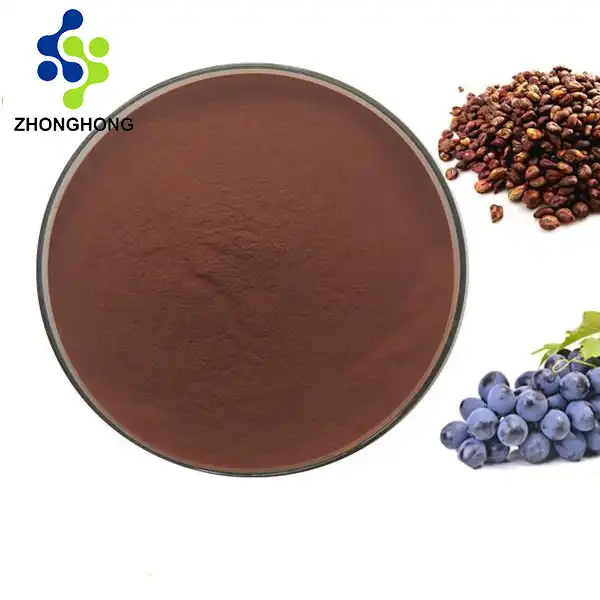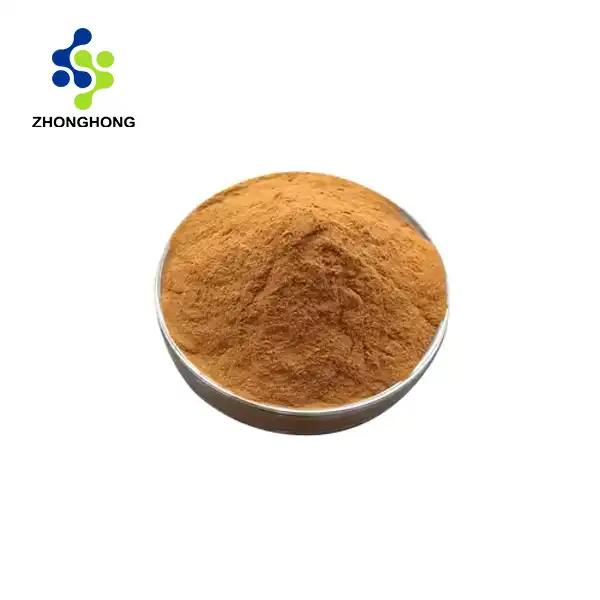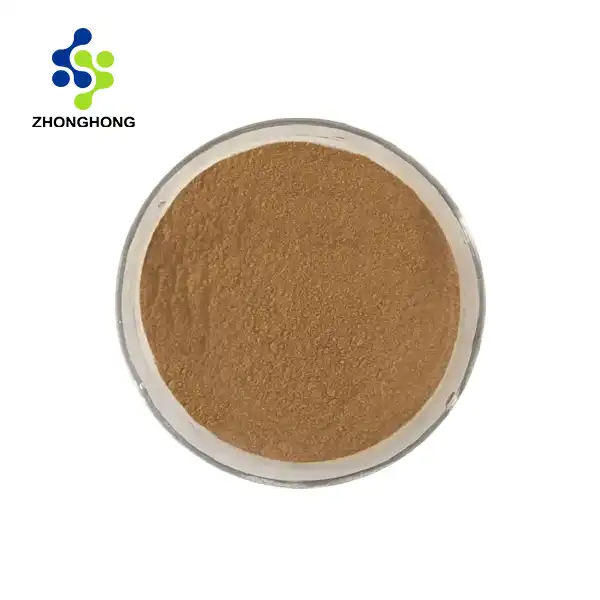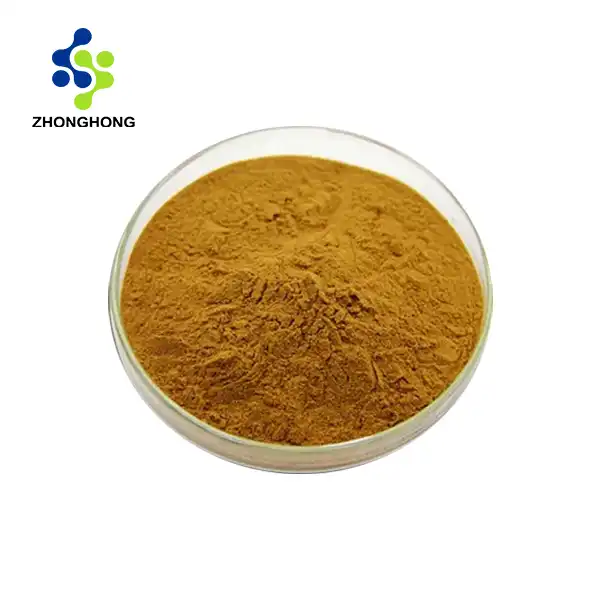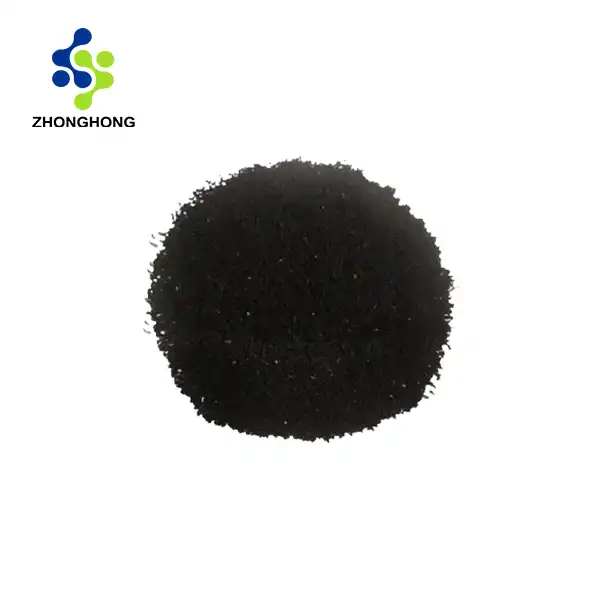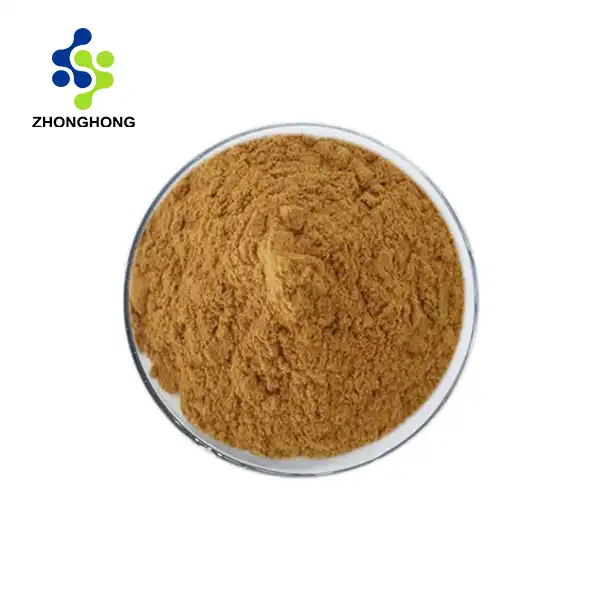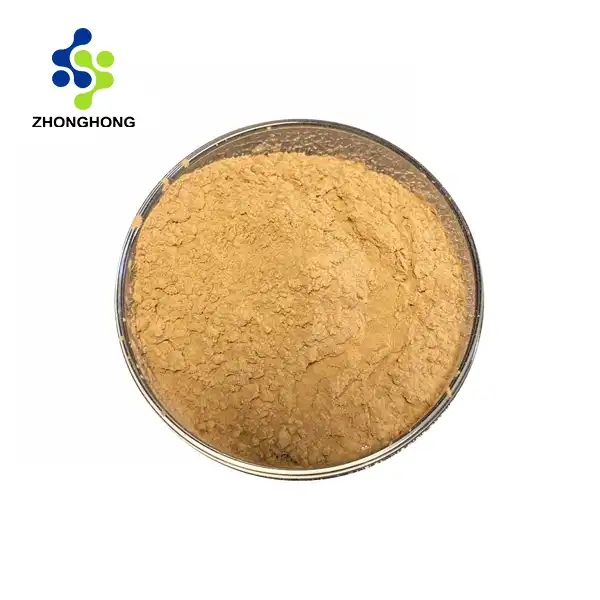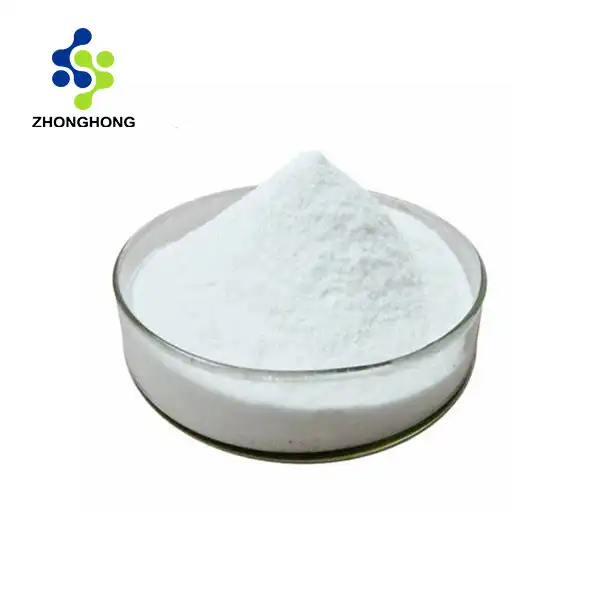Why Collagen Peptides Are a Skin Game-Changer?
The Science Behind Collagen and Skin Health
Collagen is the most abundant protein in our bodies, making up a significant portion of our skin, hair, nails, and connective tissues. As we age, our natural collagen production decreases, leading to visible signs of aging such as wrinkles and sagging skin. Collagen peptides can help counteract this process by providing the building blocks necessary for collagen synthesis. These peptides are essentially smaller, more easily absorbable fragments of collagen proteins. When ingested, they are quickly absorbed into the bloodstream and distributed throughout the body, including the skin. This efficient delivery system allows collagen peptides to support skin health from within, complementing topical skincare products.
Hydration and Elasticity Boost
One of the most significant benefits of collagen peptides for skin is their ability to improve hydration and elasticity. Studies have shown that regular consumption of collagen peptides can increase skin moisture levels and enhance skin elasticity. This results in a more supple, plump appearance and can help reduce the appearance of fine lines and wrinkles. The hydration boost comes from collagen's ability to attract and retain water molecules in the skin. As for elasticity, collagen peptides stimulate the production of other proteins crucial for skin structure, such as elastin and fibrillin. This combination of effects contributes to a more youthful, radiant complexion.
Antioxidant Properties and Skin Protection
Beyond their structural benefits, collagen peptides also exhibit antioxidant properties. This means they can help protect the skin from damage caused by free radicals, which are unstable molecules that can lead to premature aging and skin damage. By neutralizing these harmful molecules, collagen peptides contribute to overall skin health and may help prevent age-related skin concerns. Moreover, some studies suggest that collagen peptides may support the skin's natural defense against UV radiation. While they should not replace sunscreen, they can provide an additional layer of protection against environmental stressors that accelerate skin aging.
Top 5 Health Benefits of Collagen Peptides
Joint Health and Mobility
One of the most well-documented benefits of collagen peptides is their positive impact on joint health. Collagen is a major component of cartilage, the flexible tissue that cushions our joints. As we age and our natural collagen production decreases, joint discomfort and stiffness can become more common. Supplementing with collagen peptides may help alleviate these issues. Research has shown that collagen peptides can reduce joint pain and improve mobility in people with osteoarthritis. They work by stimulating the synthesis of cartilage tissue and reducing inflammation in the joints. This can lead to increased comfort during movement and improved overall joint function.
Bone Strength and Density
Collagen isn't just crucial for skin and joints; it's also a vital component of our bones. In fact, collagen makes up about 90% of the organic matrix of our bones, providing them with flexibility and resilience. As we age and collagen production declines, our bones can become more fragile and susceptible to fractures. Studies have indicated that collagen peptide supplementation may help increase bone mineral density and support overall bone health. This is particularly beneficial for postmenopausal women, who are at a higher risk of osteoporosis. By promoting the activity of bone-forming cells and inhibiting bone breakdown, collagen peptides can contribute to stronger, healthier bones.
Muscle Mass and Recovery
While protein powders are often associated with muscle building, collagen peptides are gaining recognition for their potential benefits in this area. Collagen is rich in amino acids that are essential for muscle growth and repair, particularly glycine, which plays a crucial role in the synthesis of creatine. Research suggests that collagen peptide supplementation, combined with resistance training, may help increase muscle mass and strength, especially in older adults experiencing age-related muscle loss (sarcopenia). Additionally, collagen peptides may aid in muscle recovery after intense exercise, potentially reducing soreness and improving performance in subsequent workouts.
Gut Health and Digestion
The benefits of collagen peptides extend to digestive health as well. The amino acids in collagen, particularly glycine and glutamine, play important roles in supporting the integrity of the intestinal lining. A healthy gut lining is crucial for proper nutrient absorption and preventing unwanted substances from entering the bloodstream. Some studies suggest that collagen peptides may help alleviate symptoms of leaky gut syndrome and inflammatory bowel diseases. By strengthening the gut lining and reducing inflammation, collagen peptides could contribute to improved digestion and overall gut health. This, in turn, may have positive effects on everything from nutrient absorption to immune function.
Hair and Nail Health
While often overlooked, the benefits of collagen peptides for hair and nails are noteworthy. Our hair and nails are primarily made up of a protein called keratin, and the production of keratin relies on several amino acids that are abundant in collagen. Supplementing with collagen peptides may help improve the strength and growth of both hair and nails. Some studies have shown that collagen supplementation can increase nail growth rate and decrease brittleness. For hair, collagen may help improve thickness and reduce thinning associated with aging. While more research is needed in this area, many people report noticeable improvements in hair and nail health after regular collagen peptide consumption.
How to Choose the Right Collagen Supplement?
Understanding Different Types of Collagen
When selecting a collagen supplement, it's important to understand that not all collagen is created equal. There are at least 28 different types of collagen in the human body, but types I, II, and III are the most abundant and commonly used in supplements. Type I collagen is the most prevalent in the body and is found in skin, tendons, and bones. It's often sourced from bovine (cow) or marine (fish) sources. Type II collagen is primarily found in cartilage and is typically sourced from chicken. Type III collagen is found alongside Type I in skin, blood vessels, and internal organs. Many high-quality supplements contain a mix of these types to provide comprehensive benefits.
Source and Quality Considerations
The source of the collagen is a crucial factor in choosing a supplement. Fish collagen peptide powder is becoming increasingly popular due to its high bioavailability and sustainability. It's also a good option for those who avoid bovine products. However, bovine collagen is still widely used and can be an excellent choice if sourced from grass-fed, pasture-raised cattle. Regardless of the source, look for products that use hydrolyzed collagen or collagen peptides. These forms are broken down into smaller molecules, making them easier for your body to absorb and utilize. Also, consider supplements that have undergone third-party testing for purity and potency. This ensures you're getting a high-quality product free from contaminants.
Additional Ingredients and Formulations
Many collagen powder supplements contain additional ingredients to enhance their effectiveness or provide complementary benefits. For example, vitamin C is often added because it plays a crucial role in collagen synthesis. Hyaluronic acid is another common addition, as it works synergistically with collagen to improve skin hydration and elasticity. Consider your specific health goals when choosing a formulation. If joint health is your primary concern, look for supplements that include glucosamine or chondroitin. For skin health, products with added antioxidants like vitamin E or coenzyme Q10 may be beneficial. Always check the ingredient list to ensure you're not sensitive or allergic to any components.
Conclusion
Collagen peptides offer a wealth of benefits for skin health and overall well-being. From improving skin elasticity and hydration to supporting joint health and muscle recovery, these powerful proteins can be a valuable addition to your health regimen. When choosing a collagen supplement, consider the type, source, and additional ingredients to find the best fit for your needs. As with any supplement, consistency is key to seeing results. Embrace the power of collagen peptides and nourish your body from the inside out. If you want to get more information about this product, you can contact us at liaodaohai@gmail.com.
References
1. Proksch, E., Schunck, M., Zague, V., et al. (2014). Oral intake of specific bioactive collagen peptides reduces skin wrinkles and increases dermal matrix synthesis. Skin Pharmacology and Physiology, 27(3), 113-119.
2. Postlethwaite, A. E., Seyer, J. M., & Kang, A. H. (1978). Chemotactic attraction of human fibroblasts to type I, II, and III collagens and collagen-derived peptides. Proceedings of the National Academy of Sciences, 75(2), 871-875.
3. Schunck, M., Zague, V., Oesser, S., et al. (2015). Dietary supplementation with specific collagen peptides has a body mass index-dependent beneficial effect on cellulite morphology. Journal of Medicinal Food, 18(12), 1340-1348.
4. Choi, F., Hui, W., Wan, J., et al. (2019). Hydrolyzed collagen as a novel bulking agent for weight loss: A randomized double-blind study. Nutrition and Health, 25(4), 223-229.
5. Minaguchi, J., Koyama, Y., Meguri, N., et al. (2005). Effects of ingestion of collagen peptide on collagen fibrils and glycosaminoglycans in the dermis. Journal of Nutritional Science and Vitaminology, 51(3), 169-174.
6. Zague, V. (2008). A new view concerning the effects of collagen hydrolysate intake on skin properties. Archives of Dermatological Research, 300(9), 479-483.
_1728976869676.webp)
